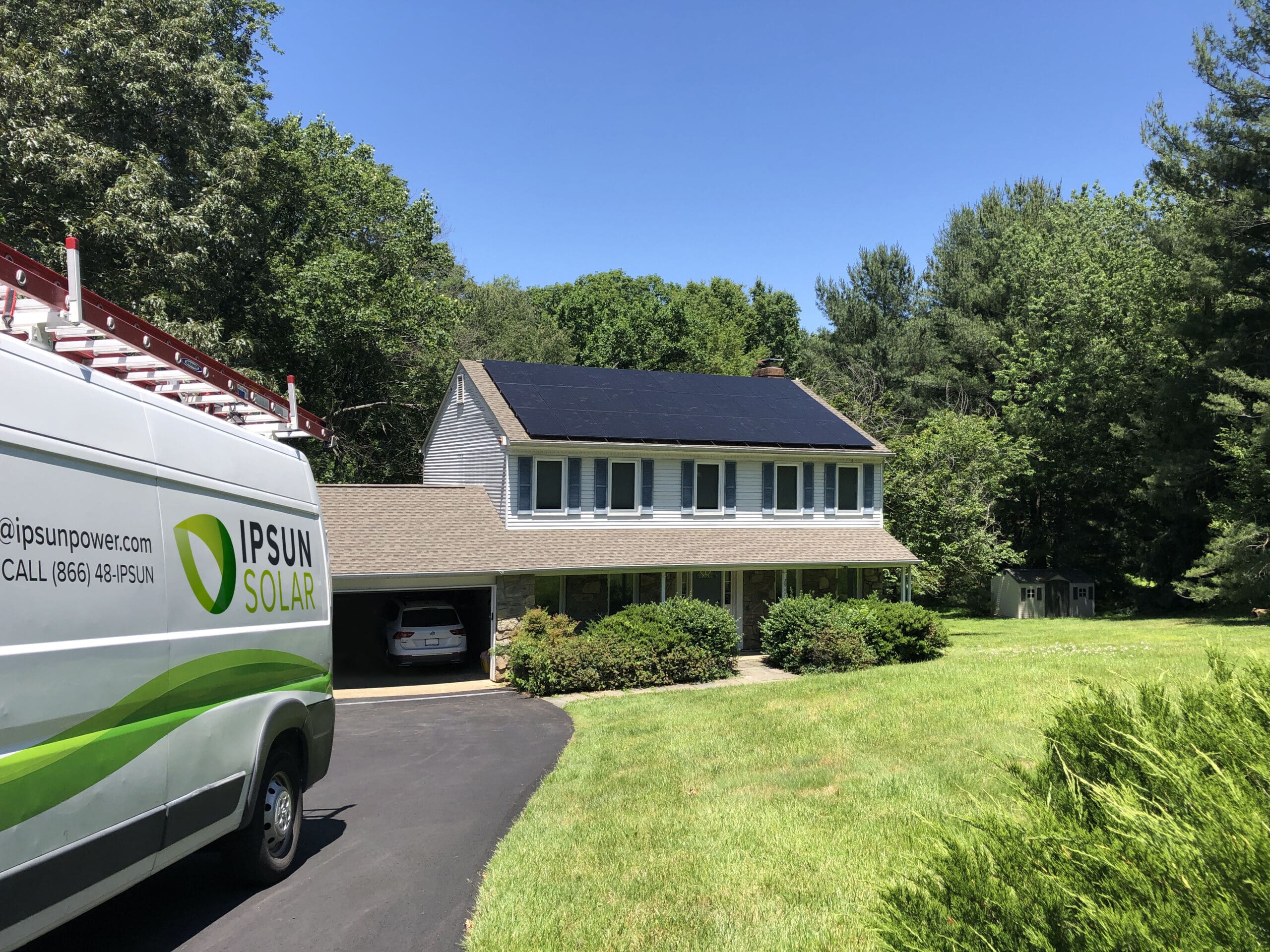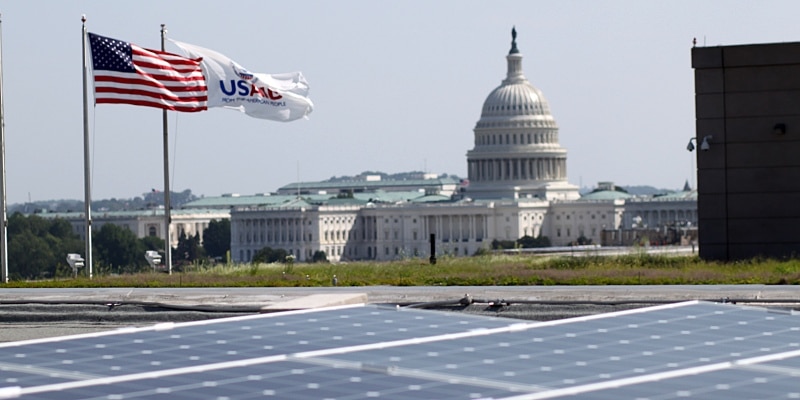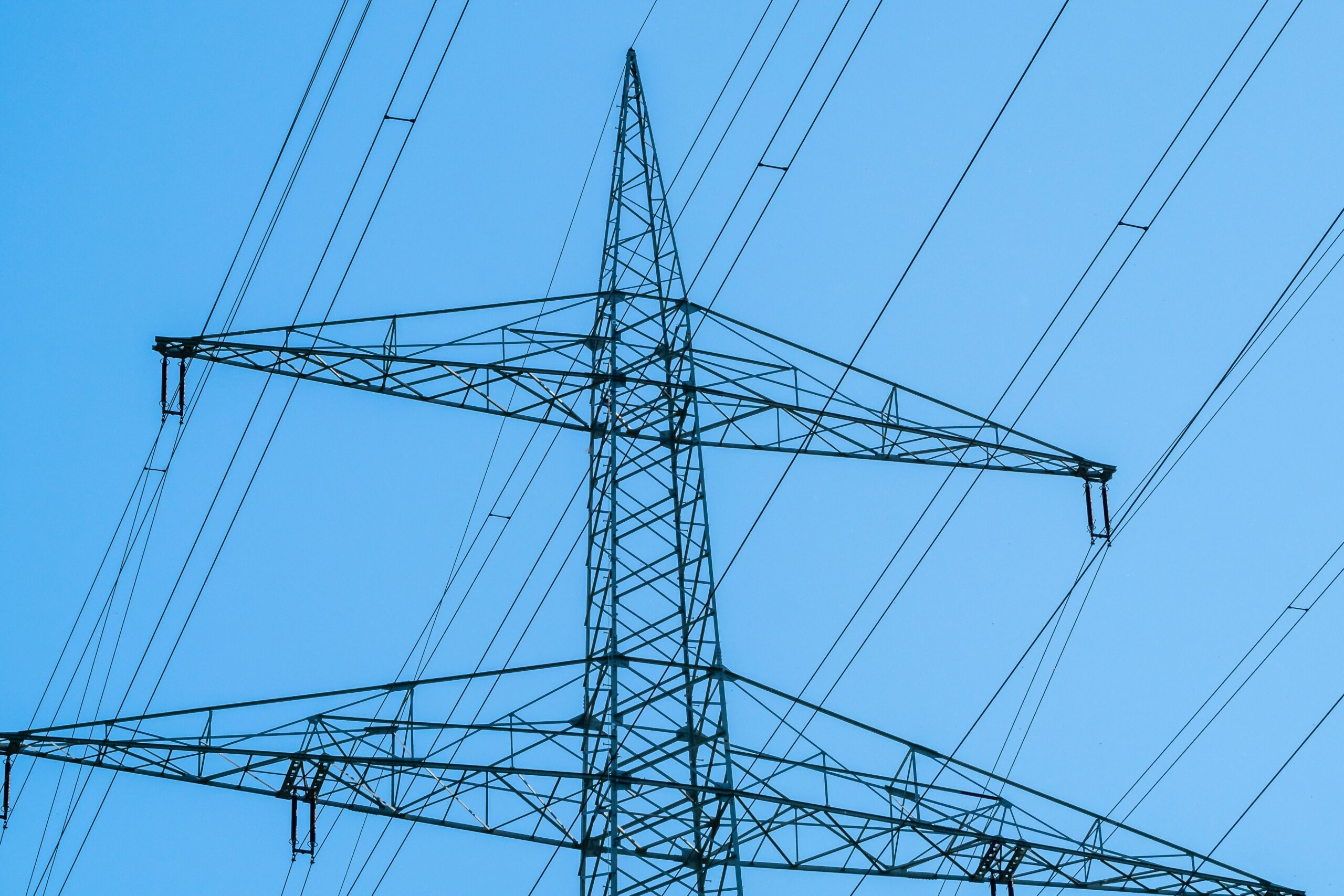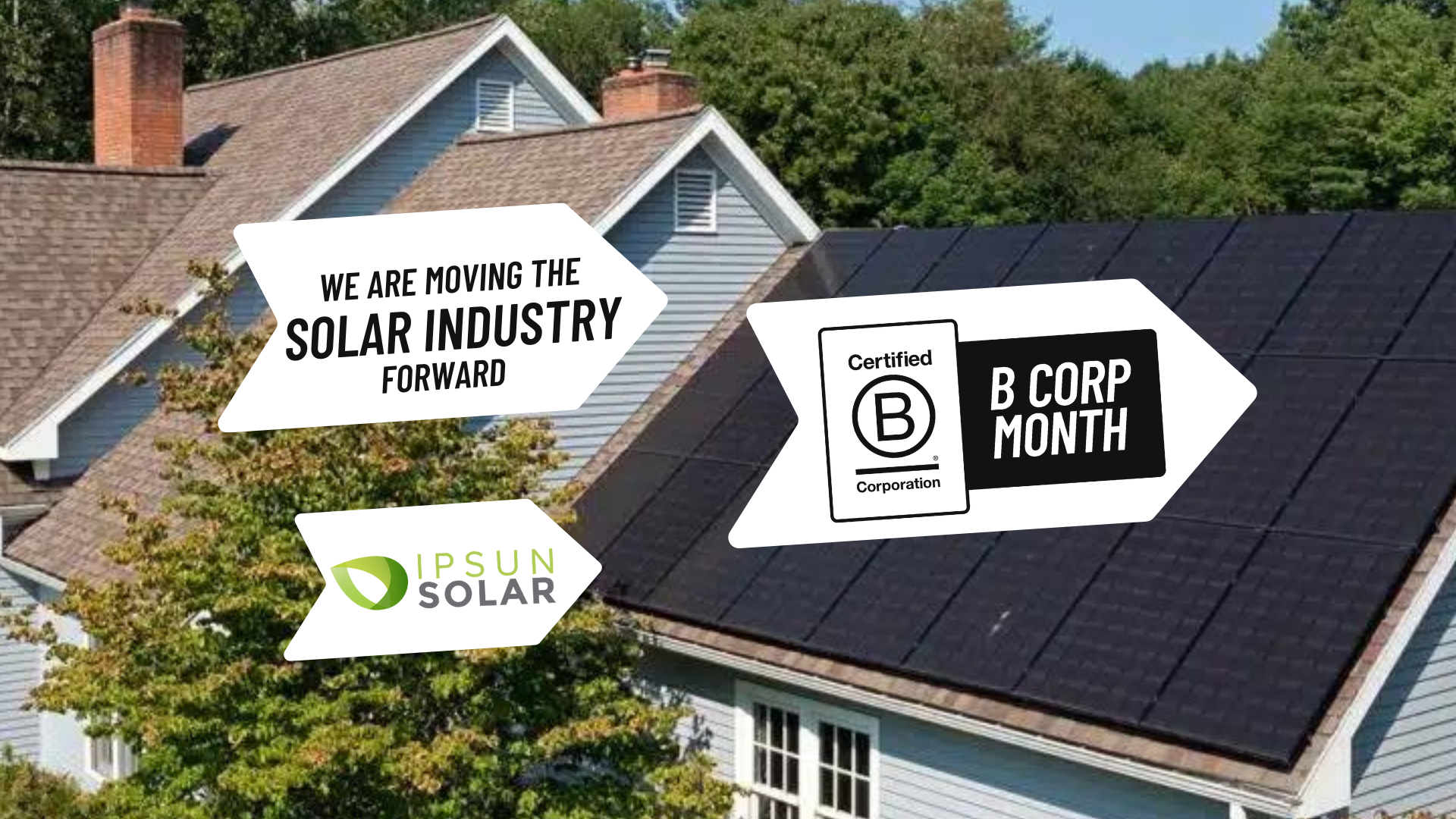A Brief History of the Solar Industry in the DMV
Across the globe the solar industry has continued to evolve at a rapid pace. Over the last four years, solar energy has consistently taken the lead in adding generating capacity. In fact, an astonishing 48% of all new electric capacity integrated into the grid in 2023 can be attributed to solar energy. This is even more remarkable compared to 2010 when that figure was less than 5%.
The technology powering the panels themselves have driven the cost per watt down by almost half in the same amount of time. Panels are smaller, lighter, and more productive than ever, and the solar industry hopes to see 30% of all energy generated coming from solar panels by 2030. Here is what you need to know about the solar industry moving into 2024.
Importance and Growth of Solar Energy in the DMV Region
For the Washington, D.C., Maryland, and Virginia region, solar energy continues to increase in popularity. Thanks to more than 200 sunny days each year on average, this region benefits from solar power consistently. In addition, the area’s higher electricity rates compared to national averages are driving an increased growth in solar energy use.
Current State of Solar Industry: Solar Adoption Trends in the DMV
The DMV area has seen the price of solar fall by more than 40% over the last 10 years. More than 50% of D.C.’s electricity comes from solar, and at almost 14,000 installations so far, such projects show no sign of slowing down. Scientists are currently focusing on innovations such as halide perovskite, a new type of solar cell that could increase performance and decrease costs further.
DMV Government Policies, Regulations and Incentives
Ipsun Solar has been an active force in the community pushing for further policy changes and incentives to make the transition to solar power easier. In Virginia, Ipsun advocated for the state to change its codes for residential solar to increase rooftop capacity for panels while maintaining adequate access for fire safety. This broadens the scope of accessible solar and benefits all Virginians moving forward, allowing them to more completely meet their energy needs using the square footage of their rooftops.
2024 Solar Industry Projections & Opportunities
Significant change has already been achieved through 2023, but 2024 is poised to meet or exceed numerous goals. 2024 will be the year of the battery, with enhanced battery technology allowing for greater storage. This comes at a critical time, as bifacial panels are making waves in the industry with their ability to capture sunlight on both the front and back sides.

Forecasted Growth and COP 28’s Influence
In addition, the 2023 United Nations Climate Change Conference or Conference of the Parties of the UNFCCC, more commonly known as COP 28, forecasts the “beginning of the end” for fossil fuels as more nations around the globe make the switch to renewable energy. Targets include limiting warming to the 1.5C target outlined in the Paris Agreement, with multiple world leaders and governments strengthening their commitments and offering financial support to the Special Climate Change Fund, among others.
Technological Advances in Solar Energy
For its part, Ipsun Solar has been innovating, too. The solar installer added numerous technological upgrades to its sales cycle in 2023, such as the Enphase 5P battery, SPAN Smart Panel, and Tesla Inverter. Enphase’s battery is safer than competitors due to its cobalt-free design, and its modular creation allows for custom configurations to suit homes with varying energy needs. These innovations, among many others, stand to further improve the viability of solar for both residential and commercial applications.
Available Programs and Tax Incentives in the DMV
Solar power is financially incentivized in the DMV thanks to support from local and federal government agencies. D.C. and many surrounding areas participate in net metering—a practice that allows structures to sell back excess energy produced by their panels. Property tax credits and SRECs (solar renewable energy credits) are also available to decrease the tax impact of installing a solar panel array and boost the financial value of removing a building from grid dependence.
Similarly, the Federal Investment Tax Credit/Business Investment Tax Credit and MACRS, or Modified Accelerated Cost Recovery System, are available for residential or commercial consumers (depending on the incentive) to allow buyers to recoup the value of an installed solar array sooner.
DMV Solar Outlook and Growth of the Industry
The outlook for solar energy in the DMV area is positive. Thanks to local and federal incentives, increasing technological drives toward greater efficiency, and a renewed worldwide commitment to meeting green energy targets, the future has never been brighter for solar. Homeowners and businesses alike can participate in sustainable energy in the DMV by choosing to go solar for their energy needs.
However, selecting the right local installation company is critical in this process. A good installer will make the conversion to solar seamless and ensure your investment pays off. Accredited businesses that have achieved coveted accolades such as B Corp designation should be the frontrunners—these professionals remain on the cutting edge of solar innovations and are committed not just to quality workmanship but to bettering their communities and treating employees fairly. The experts at Ipsun Solar are proud to carry the B Corp certification as part of the Amicus Solar Cooperative.
Get a free solar power estimate to lower your utility bill with Ipsun Solar.





